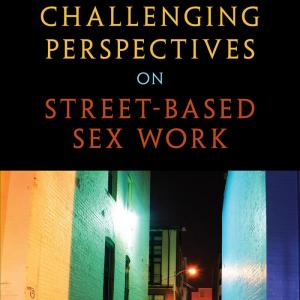Temple Tackles Taboos About Sex Work
The Department of Criminal Justice and the Department of Social Work hosted a roundtable discussion focused around research on street-based sex work featuring professors, social workers, and other experts.
This discussion explained the correlation between policymaking and the research focused on sex work that can be beneficial and be disadvantaging.
One of the focuses within this discussion was the difference between legalization and decriminalization. In the United States, prostitution is illegal excluding the state of Nevada, which allows local jurisdiction to decide. However, there is still a huge motivation for some individuals to involve themselves in the business.
Associate Professor of the School of Social Work at the University of Maryland Corey Shdaimah, describes how the programs that she studies help address prostitution.
“Many people felt that the existing penalties and the existing criminal justice responses were not successful in curbing prostitution, which was their purpose,” Shdaimah said. “These are programs that are designed to help address the underlying reasons that someone might offend”
There’s also a common misconception that was brought to awareness about the of the idea of trafficking. There are laws put in place to protect people from sex trafficking nonetheless, there’s this idea that people who go into sex work are all trafficked.
That idea was somewhat dispelled in this discussion. There are various experiences that individuals may have had that caused them to engage in sex work.
Associate Professor of Sociology and Criminal Justice from the University of Delaware Chrysanthi Leon, shares one of the important factors that she learned during her research on how to help individuals abandon sex work.
“Almost all of them at some point talked about the need to get help from someone who had the same experiences they’ve had,” Leon said. “They talked about peer support in that sense. Being able to go to an agency, or to go to a shelter and know that they would not be judged by someone who felt they were better than they were. Just like most of us, if we want to seek support, it should be there freely offered without the sense that there are high stakes for not accepting the specific kind of support that’s being offered.”




